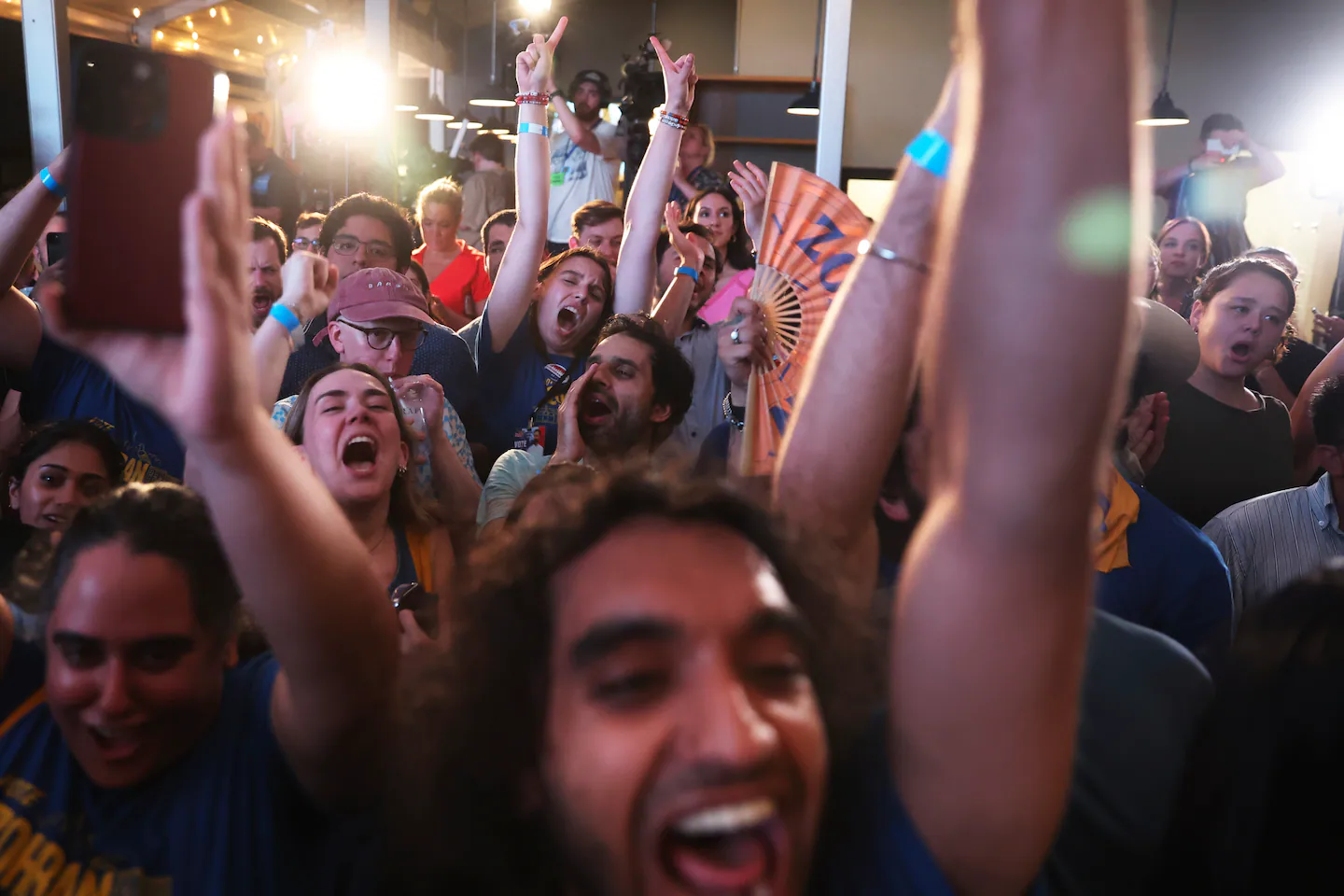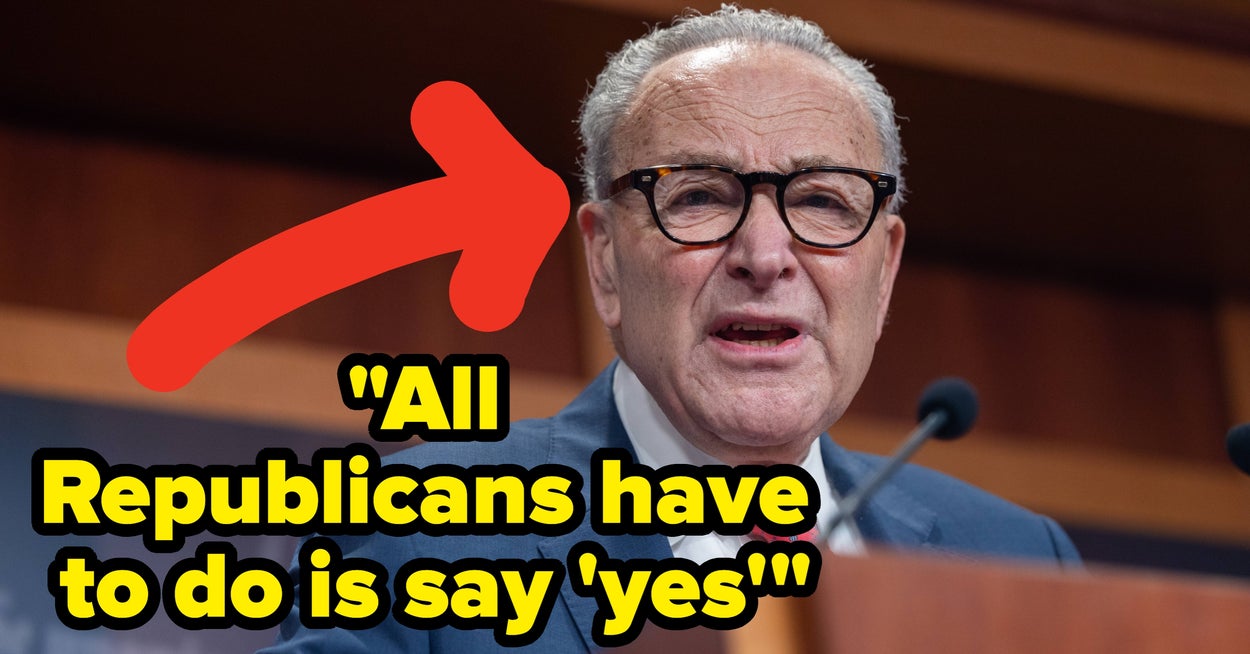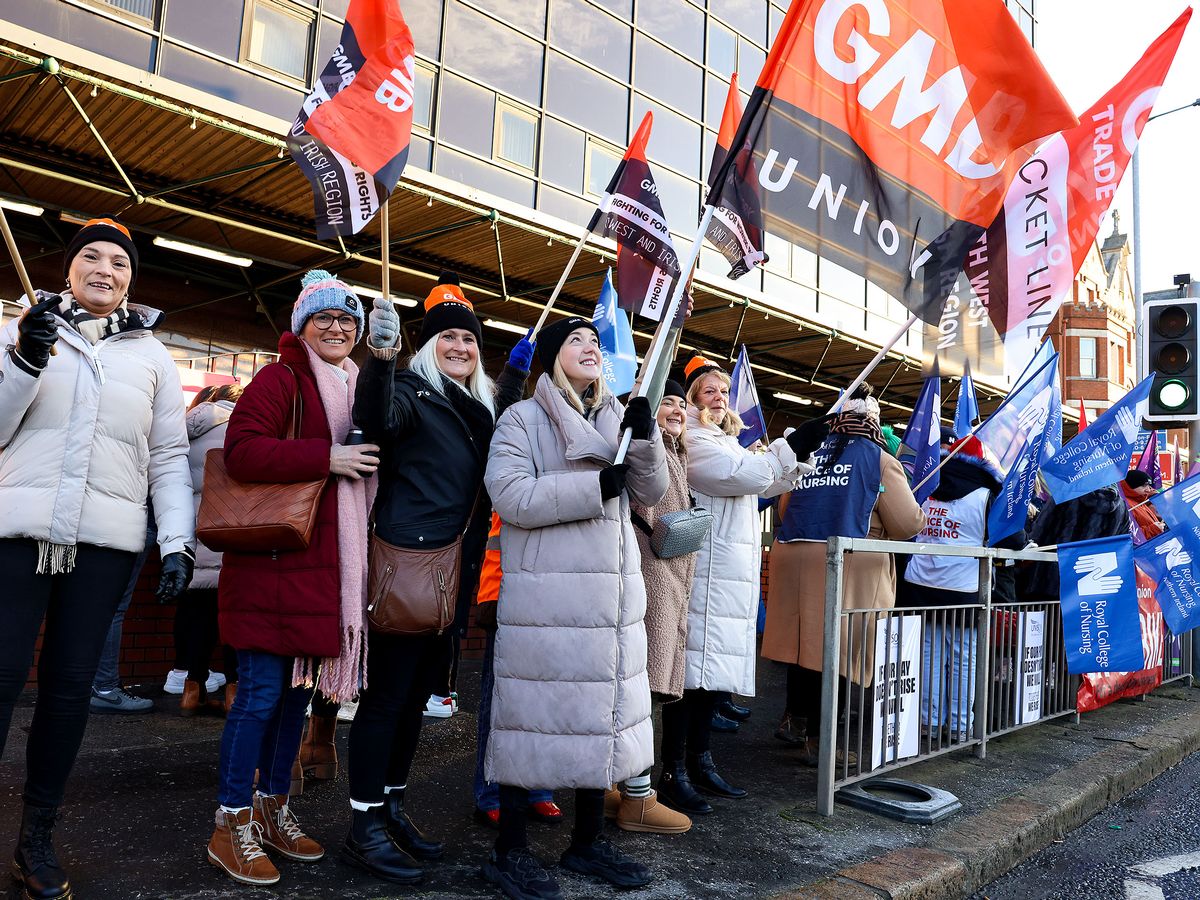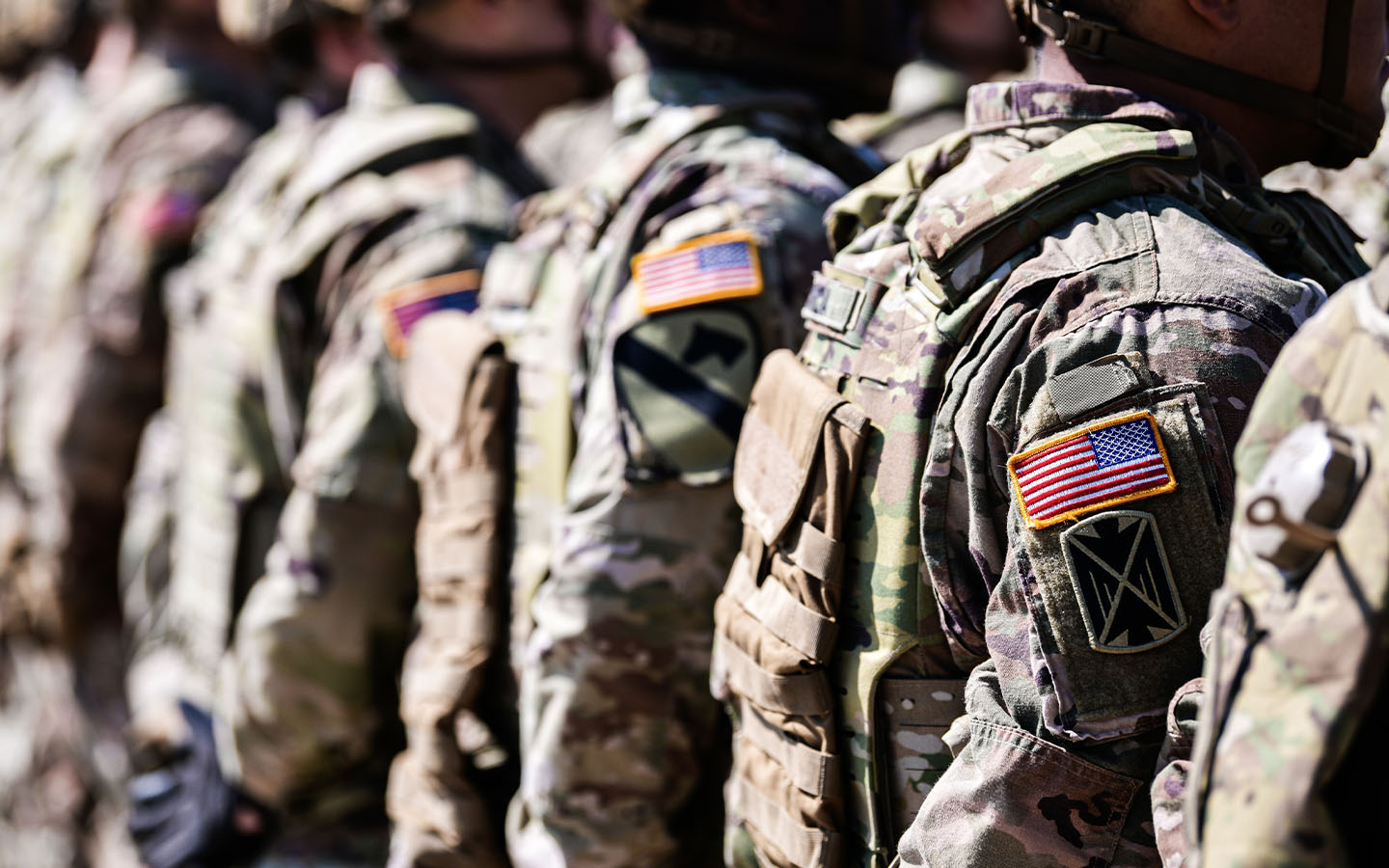Copyright tribuneonlineng
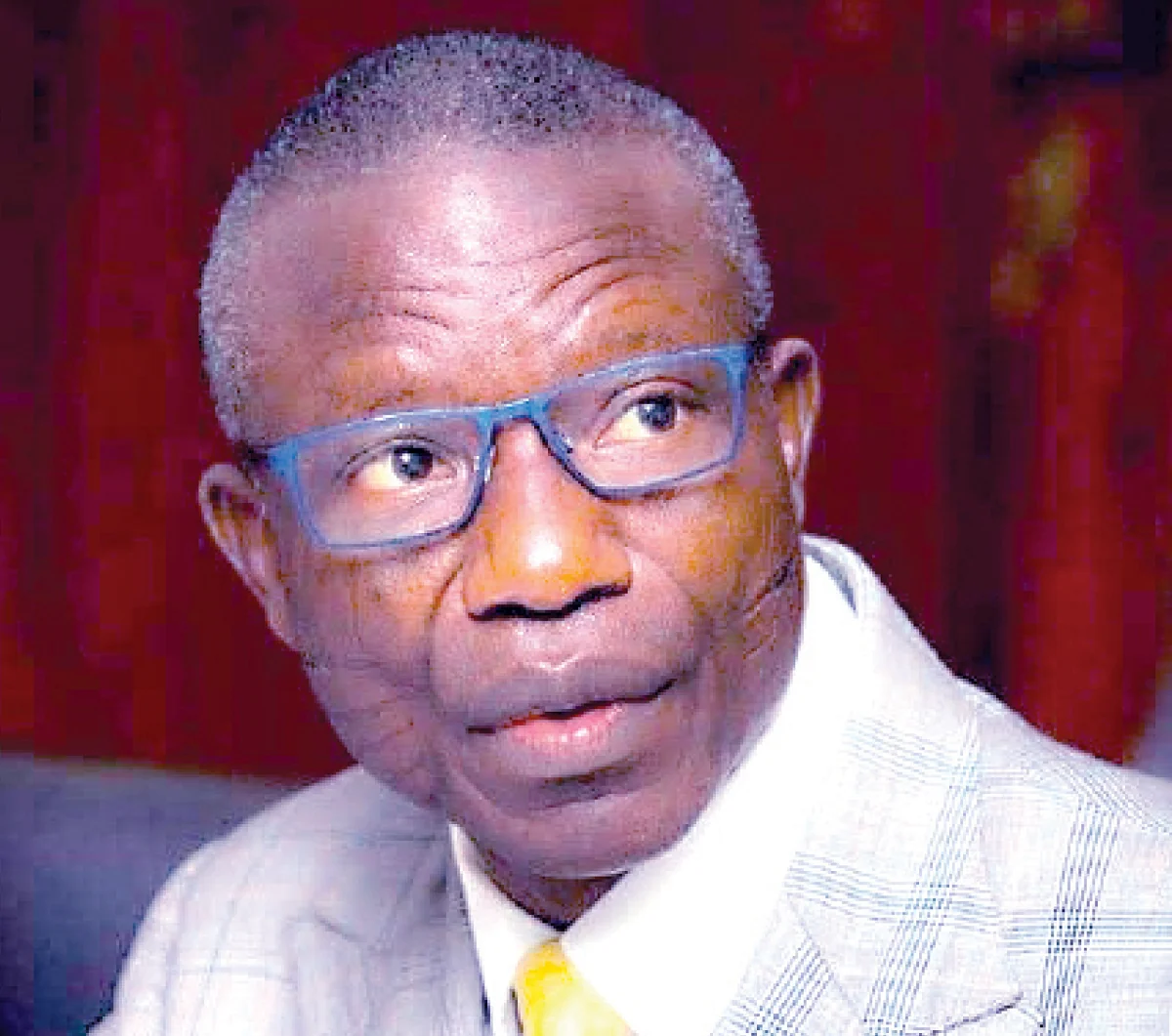
The National President of the Pentecostal Fellowship of Nigeria (PFN), Bishop Francis Wale Oke, addressed the pressing issues facing the country regarding the allegations of genocide against the Christian community in Nigeria made by international bodies. SEYI SOKOYA provides excerpts from Bishop Oke’s engagement with the press last Friday. THERE are claims that you said there was no genocide against Christians in Nigeria. Is that true? No, I never said that. In fact, I have been one of the leading voices crying out against the unjust attacks on Christians over the years. I want to reaffirm that the ongoing killings and assaults on Christian communities across the country constitute genocide. I urge both local and international stakeholders to collaborate in addressing this crisis. The report claiming I denied the genocide is false, misleading, and malicious. Let it be clear: there is genocide against the Church and Christian communities in Nigeria. I have never said otherwise. Anyone following the events in this country knows this to be true. I did not make these claims at the 40th anniversary of the PFN. There has been a growing debate about whether Christians are facing genocide in Nigeria. Some argue that it is exaggerated, while others claim it is undeniable. What is your view? Let me speak frankly as a Nigerian, a Christian leader, and someone who has witnessed the pain of our people firsthand. There is no controversy about it; there is genocide against Christians in Nigeria. This is not speculation or political rhetoric; it is a tragic reality that has persisted for over a decade. The blood of innocent Nigerians cries out every day. From the abduction of Leah Sharibu, who remains in captivity for refusing to renounce her Christian faith, to the Chibok girls, abducted from a predominantly Christian community in Borno State, the evidence is overwhelming. In Benue State, the killings continue unabated. Plateau State, Southern Kaduna, Taraba, and parts of Niger State have all faced relentless attacks for years. Before the last Kaduna administration left office, killings were happening almost daily. Villages were destroyed, churches were burned, and families were displaced. Even now, many communities in the Middle Belt continue to bury their dead quietly. These are largely Christian areas; these are our brothers and sisters. Some international observers, like Donald Trump, have described these attacks as a genocide against Christians. Do you agree with that characterization? Absolutely. President Trump was right. He labeled it genocide because that is exactly what it is: targeted mass killings against Christians and their communities. Let us not deceive ourselves. This is not merely a conflict about cattle grazing or farmer-herder disputes. When armed men invade a village shouting “Allahu Akbar,” burn down churches, kill worshippers, and kidnap young girls, that is not a random conflict; it is religious persecution. We have seen hundreds of pastors butchered, tens of thousands of Christians killed, and hundreds of churches destroyed. The PFN and CAN have documented these atrocities. What about the Owo Church massacre? Or the killings in Dogo Nahawa in Plateau State, where hundreds were slaughtered overnight? Before such attacks, the assailants often chant religious slogans. So let’s call it what it is: a genocide against Christians. I must emphasize that we are not accusing the entire Muslim community. Christians and Muslims have lived peacefully in Nigeria for centuries. We share neighborhoods, markets, and friendships. However, there are violent sects, such as Boko Haram, ISWAP, and some radicalized Fulani militias, who use the name of Islam to destroy lives. It would be a disservice to the victims’ blood to call this by any other name. As I often say, you don’t call cancer a headache. Cancer is cancer, and this cancer must be confronted and cured. What role should the Nigerian government play in this situation? Do you believe the government is complicit? We must be fair; the current government did not create this problem. It is an inherited crisis that has lasted through multiple administrations. However, what we have seen is a lack of political will to confront it decisively. When villages are destroyed and entire communities are displaced, we often hear of “investigations,” but nobody is arrested, nobody is prosecuted, and nobody is punished. This creates a culture of impunity. It is the constitutional duty of the government to protect the lives and property of every Nigerian, regardless of religion or ethnicity. Therefore, we are not blaming, but rather appealing to the government to fulfill its responsibility and defend all citizens equally. What message do you have for President Trump and the international community? We appreciate President Trump’s willingness to speak out. He has recognized the harsh reality that Christians are being killed in large numbers in Nigeria. However, let me be clear: we are not asking America to invade Nigeria. We seek partnership and support. The U.S. possesses advanced military technology, including drones, surveillance aircraft, and training expertise. We urge President Trump and the U.S. government to work collaboratively with Nigeria to help us combat the terrorism that has plagued our nation for over 15 years. At the PFN, we have also sent humanitarian relief to victims. For instance, during one of the major massacres in Plateau State, our organization, the Dorcas Oke Hope Alive Initiative, dispatched over 40 truckloads of relief materials from Lagos to the affected communities. This is a national tragedy, and we cannot turn a blind eye to it. What is your response to the growing debate about Sharia law and the government’s involvement in promoting a “Halal economy”? Our constitution is very clear. Section 10 states that Nigeria shall not adopt any religion as a state religion. This means that the government, whether at the local, state, or federal level, must remain neutral in religious matters. Sharia law is intended to be a personal law for Muslims, which is perfectly acceptable. Muslims have every right to practice their faith according to their beliefs. However, the government should not finance or promote any religious systems or economies, whether Halal or Haram. Recently, we heard about the government promoting a “Halal economy.” Halal means “permissible” in Islam, whereas Haram means “forbidden.” The irony is that while Christians are being killed by extremists who invoke religious slogans, our government is endorsing religiously exclusive programmes. This sends a wrong message. Religion should be a private matter, not a function of the state. Every Nigerian should be free to practise their faith, as long as it does not infringe on the rights of others. If anyone, whether Christian or Muslim, kills in the name of religion, they must face the full force of the law. Do you believe foreign governments like the U.S. have credible evidence for their positions on Nigeria? Yes, they do. America does not act without evidence. The U.S. Congress, intelligence agencies, and human rights organizations have received comprehensive reports from within Nigeria from the PFN, CAN, and independent media sources. They have witnessed the mass graves in Benue, the mass funerals in Plateau, and the burned churches in Southern Kaduna. The photographs and data are available. Therefore, when America labels this as genocide, it is based on documented evidence, not rumors. Our senators and political leaders should visit these areas to see the facts for themselves. What advice do you have for President Tinubu and his government regarding this issue? I urge President Bola Tinubu’s administration to establish diplomatic and military cooperation channels with the U.S. and other supportive nations. This challenge resembles cancer; we must confront it decisively. Nigeria needs help, and now is the time for collaborative action. Finally, what message do you have for Nigerians, both Christians and Muslims? Nigeria must not allow this tragedy to become a political debate. This is not about politics; it is a security and humanitarian crisis that threatens our unity and peace. We, the Church, are people of prayer and peace. We love our Muslim brothers and sisters and are not enemies. However, peace must be built on justice. We call on the government to act courageously. We urge Nigerians to reject extremism and implore the international community to continue standing with us, not to divide us, but to help us heal. The Church will continue to pray, but prayer must be matched with action. Let us defend the innocent, uphold justice, and preserve the soul of this nation.
